"Stop that, or you're going to end up with bandages on your legs like that poor lady!"
To be honest, I didn't quite know what to say, so I just awkwardly nodded and hurried up out the door. My family waited for me in the car, kids screeching out the window about how my husband had drenched them with water at the playground. As I settled into my seat, a thought occurred to me: I am not some poor lady!
I have a genetic connective tissue disorder called Ehlers Danlos Syndrome. My particular type of EDS causes severe joint laxity, which means my ligaments don't hold my joints together as well as yours. You've probably never dislocated a shoulder or an ankle before, nor have you had to have physical therapists painfully push 19 vertebrae back into place because you fell down one day, or catch you as you lose the ability to stand due. You probably haven't lost the ability to move your body or speak because of seizures. I'm glad you haven't...it's incredibly painful and terrifying.
You see, without strong muscles, my joints depend on defective ligaments and end up slipping out of place. If you, like me, also had tethered cord syndrome, you would have lost some capacity for your muscles to even receive signal from the brain, making it even harder to keep everything in place. I constantly feel like I'm falling apart. Thank goodness I have an incredible team of physical therapists who put me back together every week, teach me exercises that I can do to slowly and carefully strengthen different muscle groups, allowing me to stay more stable and be more active. Thanks to one very knowledgable physical therapist, I connected with a surgeon who detethered my spinal cord and restored my ability to exercise effectively again. With exercise, for me, comes hope.
Unfortunately, while I build those muscles back up, I need some help. You didn't see my shoulders, but I have "bandages" there too. My physical therapist uses a strong tape to hold major joints in place, like those you see on my knees; the tape you referred to when you told your daughter to stop hopping down the stairs; the tape that made you refer to me as "that poor lady" without even asking me for my name.
My name is Kelsey, and I am NOT some poor lady. I am strong, resilient, determined, loved, and fighting every day to live my life to the greatest extent possible. A few months ago, I feared I would lose the ability to walk. Today, I'm attending local fairs and watching my kids learn to roller blade. I'm slowly gaining back my confidence and relying on amazing medical professionals who can help me get my life back. I hope you read this someday and remember that those of us who require braces, or wheelchairs, or tape to enjoy life aren't to be pitied. We might just have some really inspirational stories to share with your daughter. Please ask.

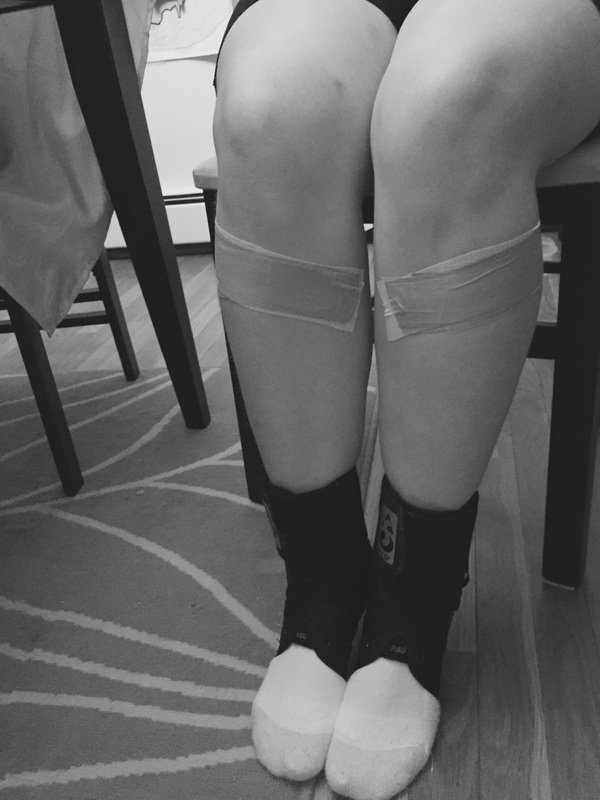
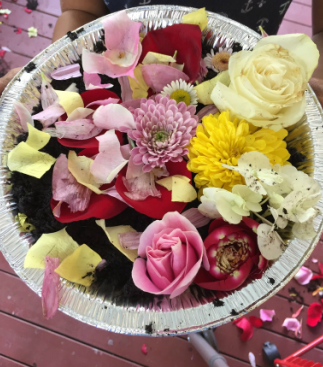
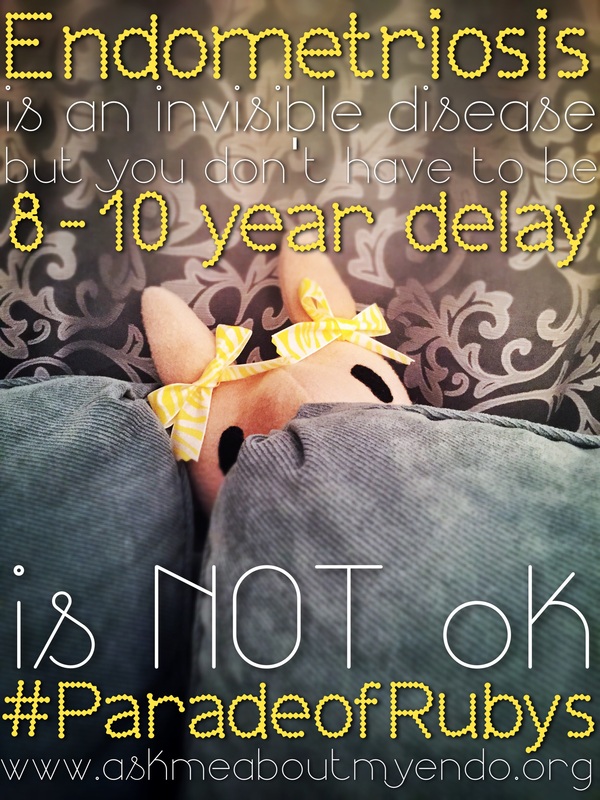
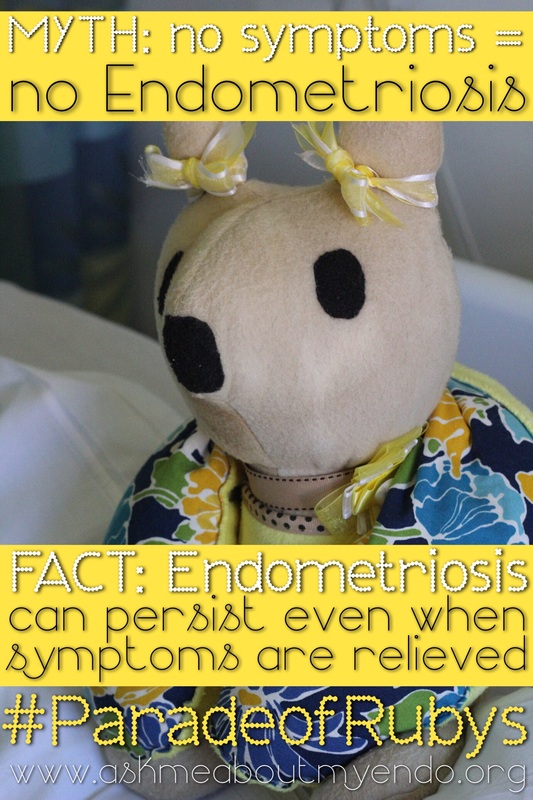
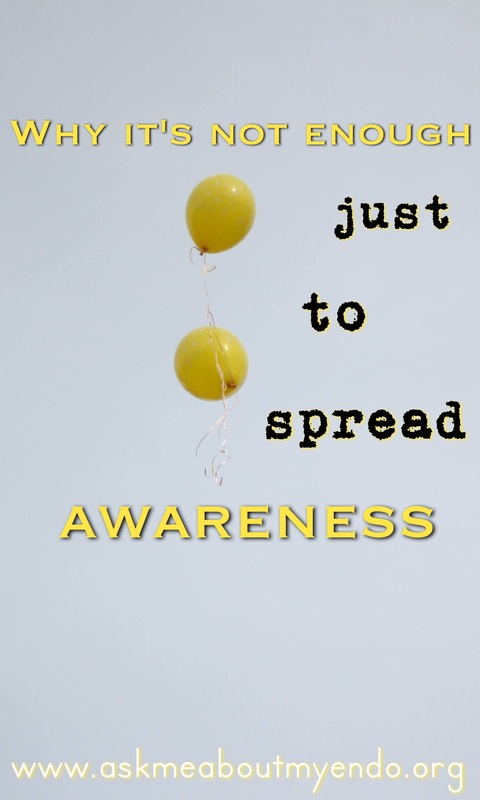


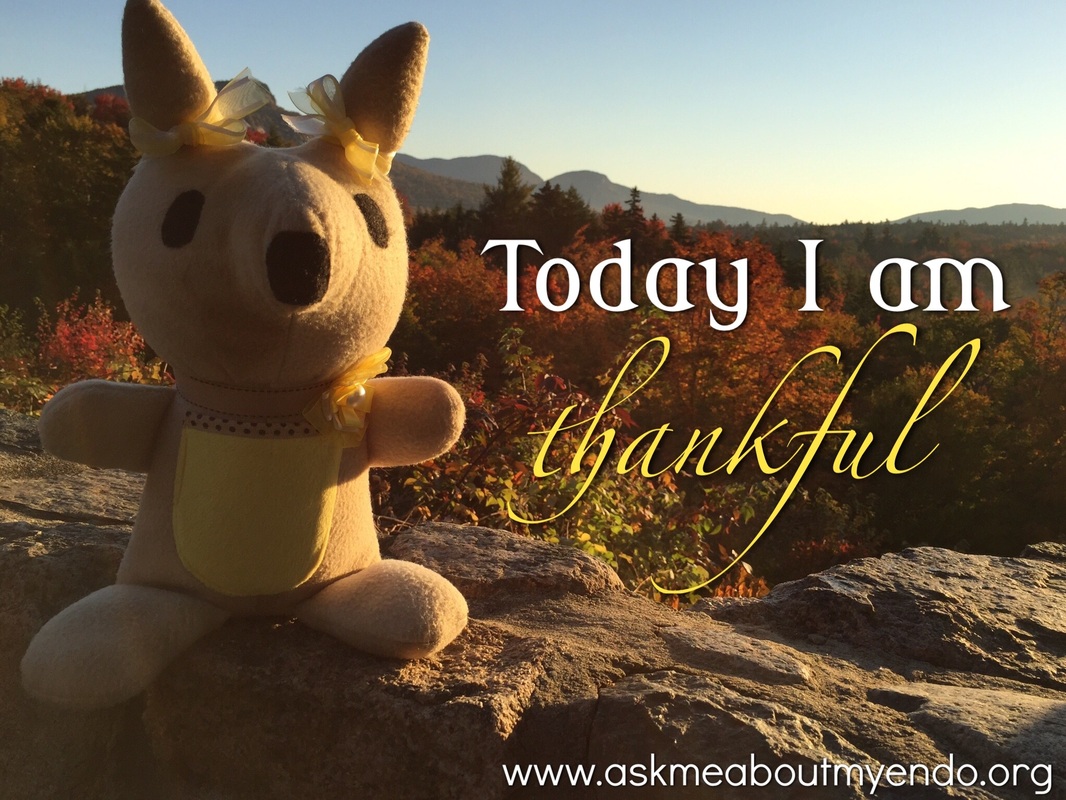
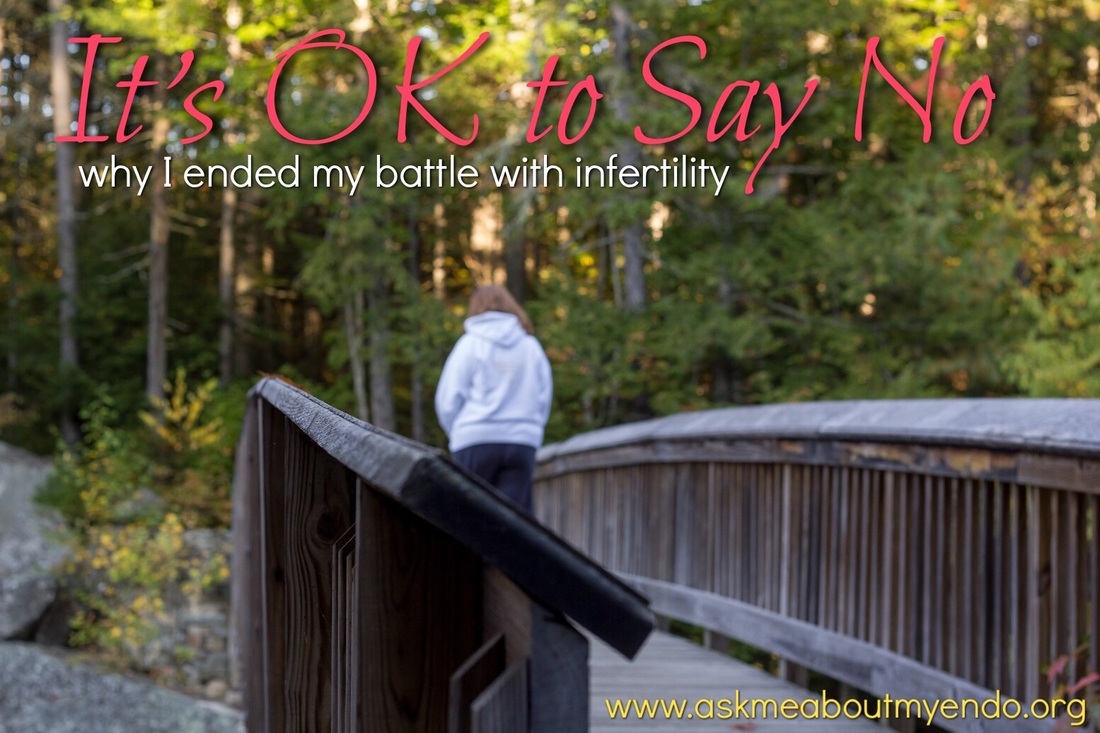
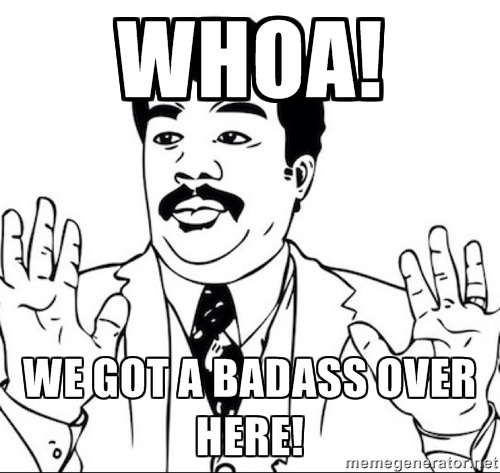
 RSS Feed
RSS Feed